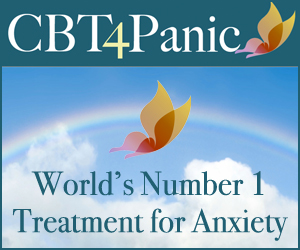What is the biggest Mental Health problem for Students?
One of the biggest mental health problems for students is adolescent depression, which is often exacerbated by school-related stressors. Here are the main factors contributing to this issue:
School-Related Stressors
- Bullying
- Impact: Bullying can lead to feelings of worthlessness, anxiety, and depression. Victims of bullying may struggle with self-esteem and experience intense emotional distress.
- Forms: Bullying can be physical, verbal, or cyber, each with significant negative impacts on mental health.
- Academic Pressure
- Impact: The pressure to perform well academically can lead to chronic stress, anxiety, and depression. Students may feel overwhelmed by the demands of schoolwork, exams, and expectations from parents and teachers.
- Consequences: High levels of stress can result in burnout, decreased academic performance, and a lack of motivation.
Developmental Changes
- Physical Changes
- Challenges: Adolescents undergo rapid physical changes during puberty, which can affect their body image and self-esteem.
- Mental Health Impact: The physical changes can be confusing and distressing, contributing to anxiety and depressive symptoms.
- Emotional Changes
- Challenges: Adolescents experience intense emotions and mood swings due to hormonal changes and brain development.
- Coping Difficulties: The emotional volatility can make it harder for teens to manage stress effectively, leading to an increased risk of depression.
Additional Contributing Factors
- Social Isolation
- Impact: Feeling isolated or disconnected from peers can exacerbate feelings of loneliness and depression.
- Social Media: While social media can provide a sense of connection, it can also lead to negative comparisons and cyberbullying, worsening mental health issues.
- Family Dynamics
- Impact: Family conflicts, lack of support, or high expectations can add to a student’s stress and contribute to mental health problems.
- Parental Pressure: Excessive pressure from parents to excel academically can increase stress and feelings of inadequacy.
Coping Strategies
- Support Systems
- Friends and Family: Strong support networks can help students navigate stress and provide emotional support.
- School Resources: Access to school counselors, psychologists, and support groups can be beneficial.
- Healthy Lifestyle
- Physical Activity: Regular exercise can reduce stress and improve mood.
- Sleep: Adequate sleep is crucial for mental health and coping with stress.
- Mindfulness and Stress Management
- Techniques: Mindfulness, meditation, and relaxation techniques can help students manage stress and reduce symptoms of anxiety and depression.
- Therapy: Professional therapy, such as cognitive-behavioral therapy (CBT), can provide effective coping mechanisms and support.
Conclusion
Addressing adolescent depression requires a comprehensive approach that involves reducing school-related stressors, providing emotional support, and promoting healthy coping strategies. Schools, families, and communities must work together to create an environment that supports the mental well-being of students.



